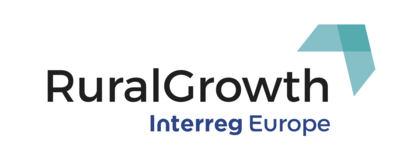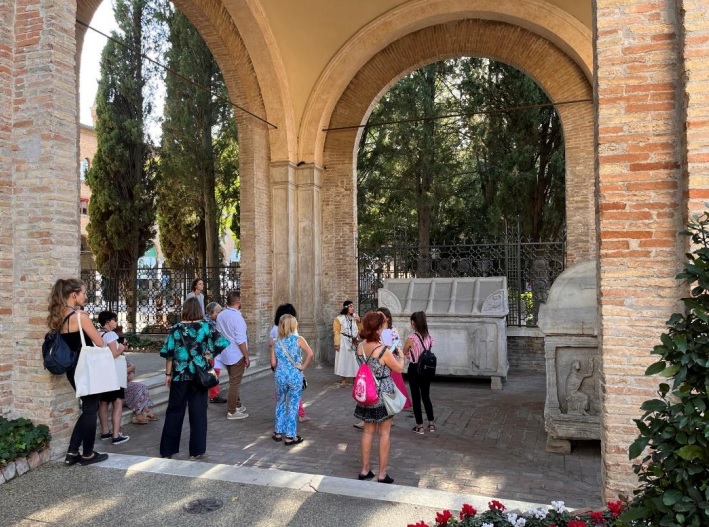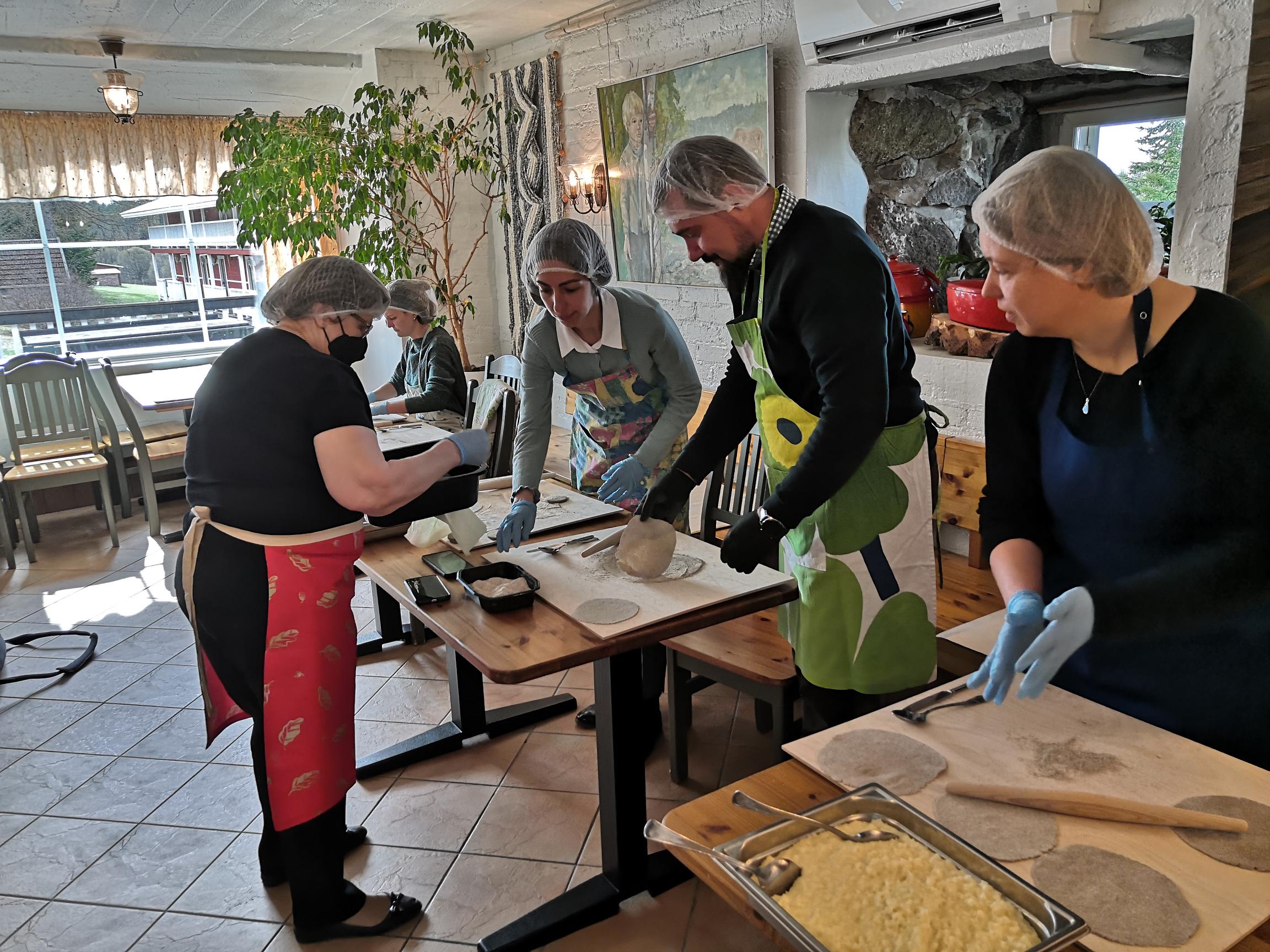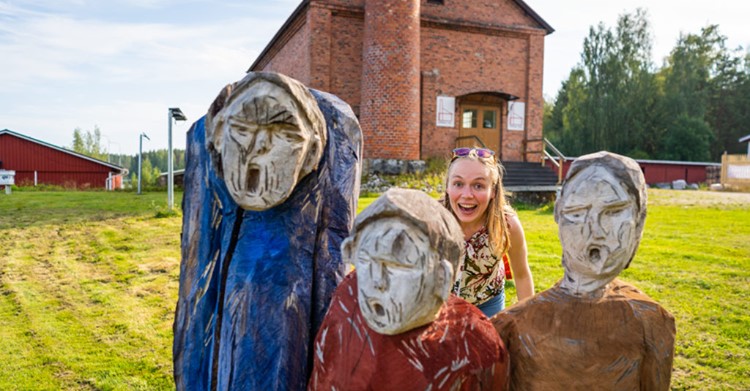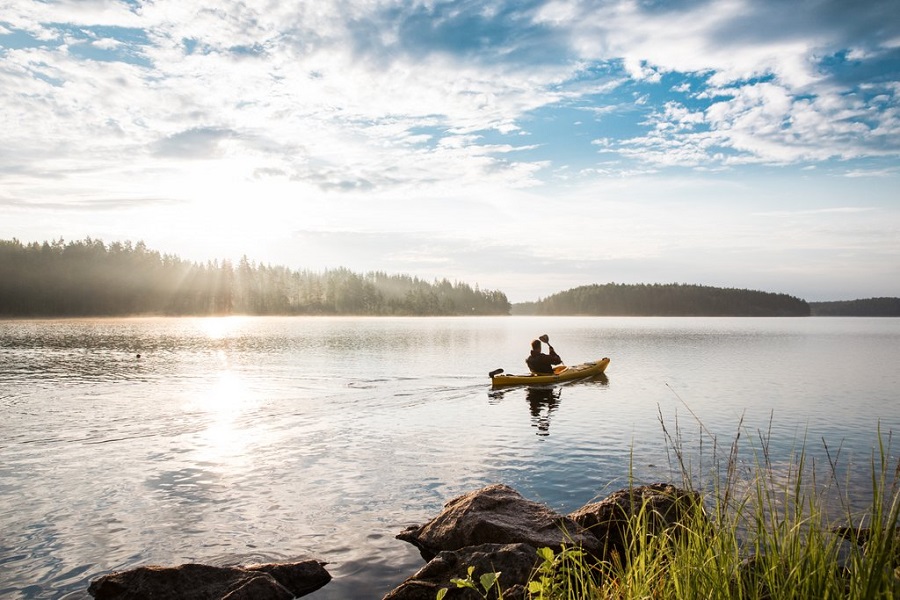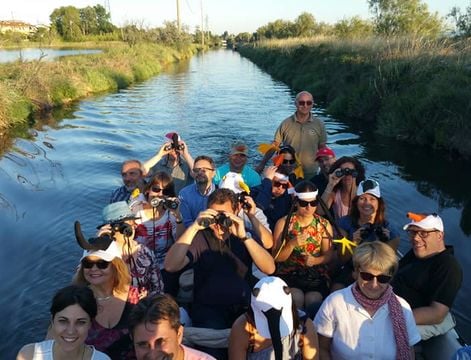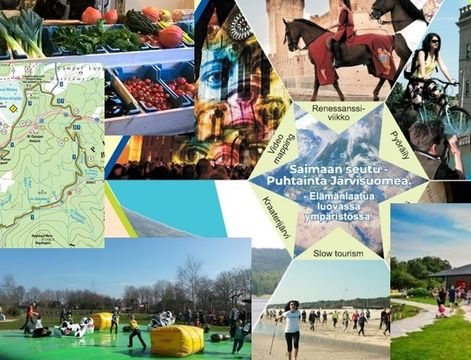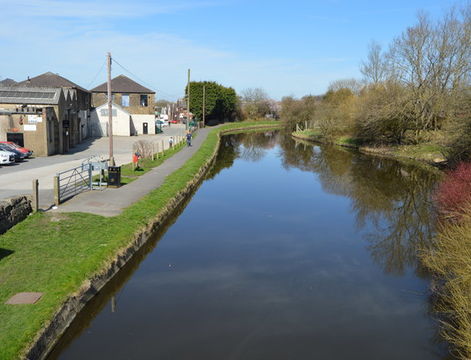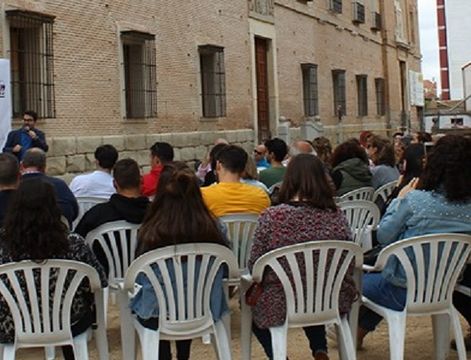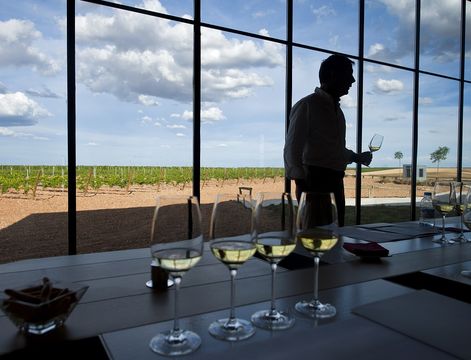Sustainability and re-orientation of offerings and marketing actions are the main topics identified as possible solutions to challenges which the visitor economy has faced in several European regions in recent years. The partners of the Rural Growth Interreg Europe project have been focusing on solving these difficulties through interregional knowledge exchange. The one-year extension period, which ends now in September 2022, has given the partners a great possibility to update their status quo analysis and to develop actions for policy influencing considering the effects of the Covid-19 pandemic and recent economic changes Europe.
Header image: The results of the project and planned policy changes were presented in the final interregional exchange of experience workshop in Italy. The partners were hosted two days by DELTA 2000 in Po Delta area – Ferrara and Ravenna provinces in September 2022. The meeting programme included presentations of Good Practices, such as Dante’s Walk.
Re-orientation of tourism offer and marketing
Based on the discussions and analyses in the framework of the Rural Growth project the partners noticed clearly that tourism has shifted to local sites and nature tourism instead of big tourism hubs. This has led to increased demand of local attractions and need for reaching new target groups. To make the most out of this change, partners need new kind of marketing and service offers to stay attractive for visitors in the future.
The Local Government of Nagykanizsa (HU) identified the need to create a brand that will promote tourism and the countryside along with a dedicated communication platform to promote the region as a whole. Therefore, the partner addresses LEADER "Community initiative for the economic development of the countryside” by changing the strategic focus of the policy. The planned change aims to achieve a new development direction focusing on the joint marketing of the actors of the region.
Savonlinna (Savonlinna Development Services Ltd. FI) has started active internationalization measures in order capitalize from the post-pandemic redistribution of the tourism markets. Local SMTEs recognize the need to pivot their business in order to target new customer profiles, which has been assisted with Digisteps digitalization support and VAU service design support projects.
The Italian partner DELTA 2000 is also supporting pivoting actions for SMEs, helping
them to detect and capitalize on new type of customer demand. Comprising a large
geographical area, Delta 2000 is engaging with enhanced destination management
and targeting their destination website for varied customer profiles.
Digital branding and improving accessibility
The Spanish partner Municipality of Medina del Campo is investing in new projects
and revision of strategies to promote, in addition to governance, online accessibility of
sites, services and stories of the region. This involves the development of a virtual
platform to promote accessibility and visibility within the framework of Medina 2030
Action Plan.
In Romania, Harghita County Council has adapted to post-pandemic situation by
developing the value proposition for new types of customer profiles. As a good
practice, promotion of family friendly holiday offer was already recognized. Further
work with financing from the policy instrument is expected to be carried out in the areas
of tourist trails and pilgrimage routes development.
Increased sustainability in tourism and leisure
Additionally, partners have identified the importance of sustainability in the tourism
development. The need for sustainability goes beyond the traditional scope such as
usage of energy and resources. The Province of Drenthe (NL) plans to address
LEADER 2023–2030 in order to influence the Local Action Plan. With the planned
change attention to sustainability would be increased in future projects in the field of
leisure activities.
With the planned policy changes the Rural Growth project partners want to support
the long-term development of rural economies. With the described measures it is
easier to maintain the new popularity of rural tourism. Simultaneously, new target
segments, new “mapped” offerings and renewed marketing strategies will help to
tackle other issues such as seasonality. The local population can also utilize the
developed results, thus not only the attraction of the rural areas will be increased, but
the holding power of the areas is also enforced.
